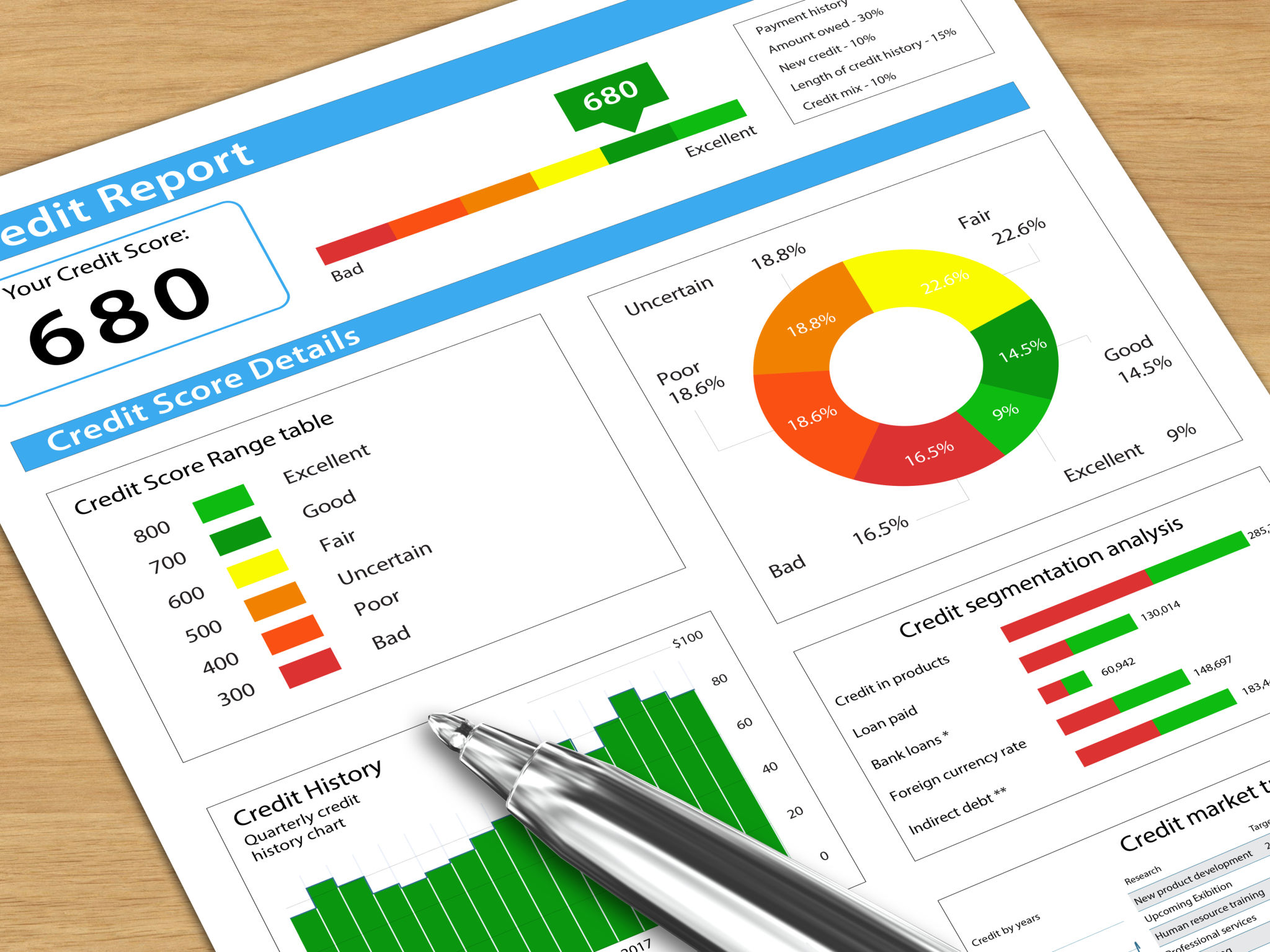Top Mistakes Businesses Make with Credit Reporting and How to Avoid Them
Understanding the Importance of Accurate Credit Reporting
Credit reporting plays a crucial role in the financial health of businesses. It not only influences how a company is perceived by lenders and investors but also affects its ability to secure financing. Despite its significance, many businesses fall into pitfalls that can harm their credit standing.

The Common Mistakes in Business Credit Reporting
Failing to Monitor Credit Reports Regularly
One of the most frequent mistakes businesses make is neglecting to regularly check their credit reports. By failing to monitor these reports, companies can miss errors or inaccuracies that might damage their credit scores. It is essential for businesses to review their credit reports at least quarterly to ensure all information is accurate and up-to-date.
Not Establishing a Credit History
Another significant error is not establishing a credit history. New businesses, in particular, may overlook the need to build a credit profile, which can limit their financing options in the future. To avoid this, businesses should open lines of credit and make timely payments to build a solid credit history.

Consequences of Ignoring Credit Reporting
Impact on Financing Options
Ignoring credit reporting can severely limit a business's financing options. Lenders rely heavily on credit reports to assess the risk of lending money. Inaccurate or negative information can lead to higher interest rates or even denial of credit. Therefore, maintaining an accurate credit report is vital for favorable financing terms.
Reputation Damage
A poor credit report doesn't just affect financing; it can also damage a business's reputation. Suppliers, partners, and clients may hesitate to engage with a company that has questionable financial practices. This can lead to missed opportunities and hinder growth.

Strategies to Avoid Credit Reporting Mistakes
Implementing Regular Reviews
To avoid these common mistakes, businesses should implement regular reviews of their credit reports. Assigning a team member to manage this task or using a financial service provider can help ensure that any discrepancies are identified and corrected promptly.
Building and Maintaining Good Credit Practices
Building good credit practices is another effective strategy. This includes paying bills on time, keeping debt levels manageable, and avoiding unnecessary credit inquiries. By maintaining these habits, businesses can improve their credit scores and strengthen their financial standing.
Conclusion
In conclusion, understanding and managing business credit reporting is crucial for financial stability and growth. By avoiding common mistakes and implementing strategic measures, businesses can enhance their creditworthiness and secure better opportunities for expansion. Regular monitoring and proactive management are key to maintaining a healthy credit profile.